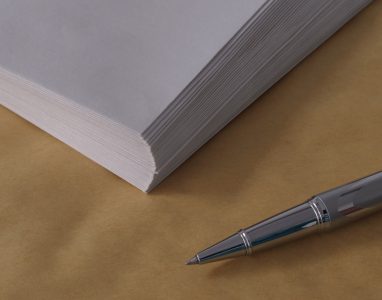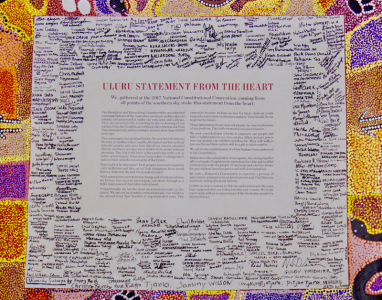Hot Media Topics – Letters to Editor
In the boxes below are recent letters to the Editor of the Canberra Times, Canberra City News and The Australian about some prevailing media topics. In particular, the proposed referendum to enshrine the Voice (Uluru Statement from the heart) in the Constitution is a primary election promise of the Labor Government, which is doing all it can to publicise and even indirectly subsidise the “Yes” vote and with zero consideration of the ‘No” vote. Many people feel strongly about this issue, which, like climate change, has been turned into an emotional crusade by the Labor government and rent-seekers who will profit most from a change. As with climate change, rational thought in the best interests of the nation is being cast aside.
Please see the article “Uluru Statement from the heart” under Media.
Another most important topic to warrant letters is that of the Federal Budget, handed down on the 25 October 2022 by the Treasurer. Letters collected on this subject will appear in the November update.





